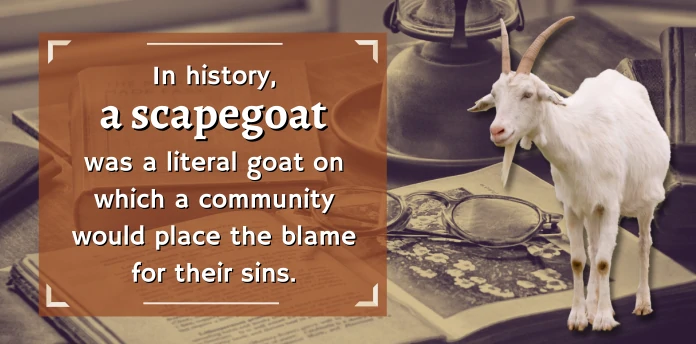
In real or daily life the scapegoating event occurs through deception and the creation of a trap, as explained in the text pictures below the two first video’s –
Het gebeuren zondebok ontstaat door misleiding en het creëren van een valstrik.
Page Description
Learn the meaning and origins of the term ‘scapegoat,’
and how it is used in various contexts
to describe someone blamed for the faults of others.
Innocence Under Fire: Stories of Injustice and Resilience
A Scapegoat
Injustice thrives when individuals or groups are unfairly blamed for actions they didn’t commit. From false arrests to systemic racial biases, scapegoating is a tool of oppression, often used to deflect attention from deeper societal issues. The videos on this page explore the devastating consequences of being wrongfully accused, highlighting the resilience of those who fight for justice and exposing the systems that perpetuate inequality. These stories remind us that the cost of prejudice is paid not only by individuals but also by the fabric of our shared humanity.
Zondebok
Onschuld onder Vuur: Verhalen van Onrecht en Veerkracht
Onrecht gedijt wanneer individuen of groepen ten onrechte de schuld krijgen voor daden die ze niet hebben begaan. Van onterechte arrestaties tot systemische raciale vooroordelen, het aanwijzen van een zondebok is een instrument van onderdrukking, vaak gebruikt om de aandacht af te leiden van diepere maatschappelijke problemen. De video’s op deze pagina belichten de verwoestende gevolgen van valse beschuldigingen, tonen de veerkracht van degenen die vechten voor gerechtigheid en onthullen de systemen die ongelijkheid in stand houden. Deze verhalen herinneren ons eraan dat de prijs van vooroordelen niet alleen wordt betaald door individuen, maar ook door het weefsel van onze gedeelde menselijkheid.
1 Woman awarded $100,000+ for false arrest at H&M
2 Exoneree Joe D’Ambrosio Talks Ohio Death Penalty Reform
6 feb. 2015
8 170 days
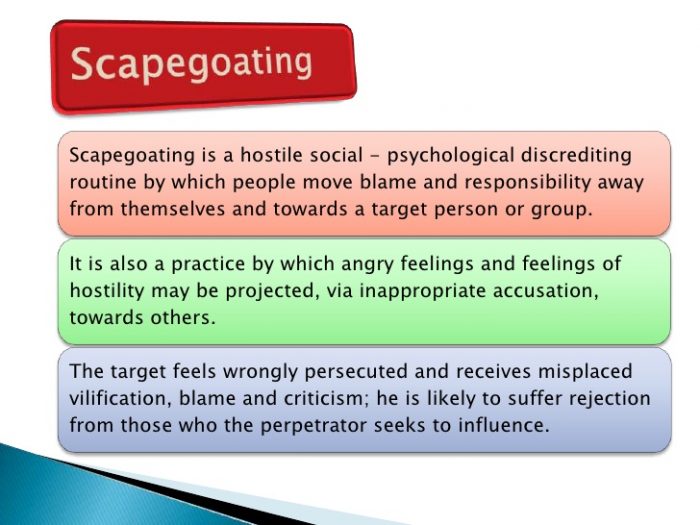
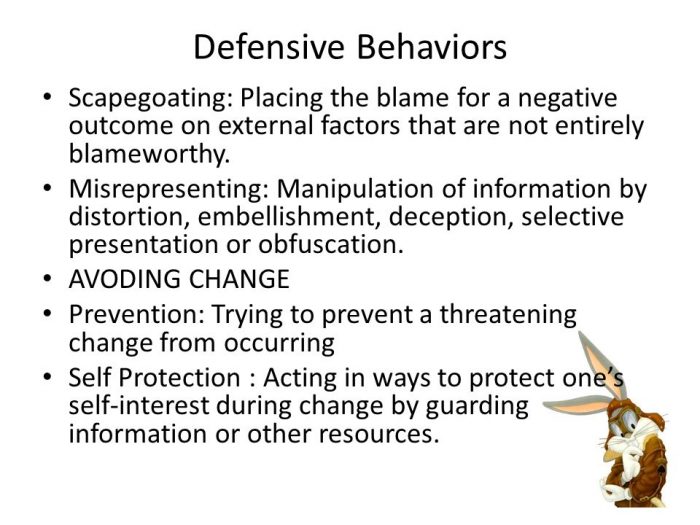
3 Black students falsely accused of dine and dash
4 Police called on boy delivering newspapers
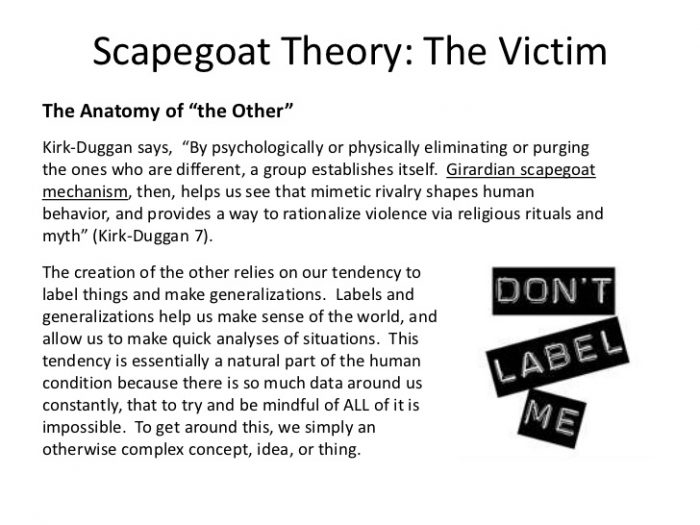
5 Second black Yale student says same white student called police on him too
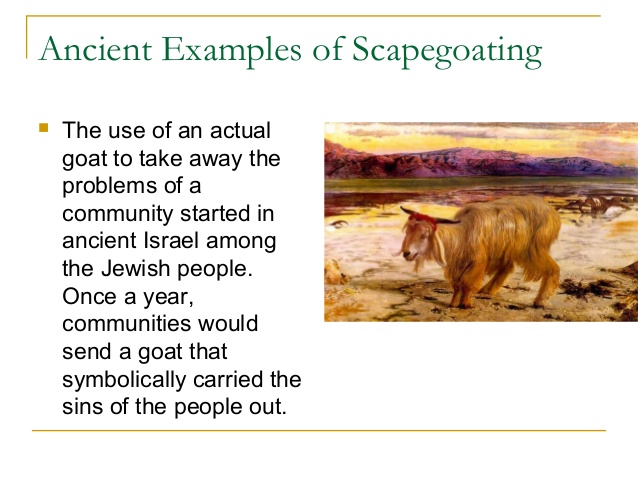
A person who is blamed for something that someone else has done:
The captain was made a scapegoat for the team’s failure.
Cambridge Dictionary
A scapegoat is someone who is unfairly blamed or punished for the mistakes of others, usually because people are very angry and want to see someone blamed or punished.
7 Michael Eric Dyson: Trump talks like a racist, thinks like a racist
8 Former Trump Rental Agent Describes Racist Policy | Rachel Maddow | MSNBC
A scapegoat is a person or group that is blamed and punished for the wrongdoings, mistakes, or problems of others. Here are some key points about scapegoating:
Scapegoating is a form of social and psychological behavior that has been present in human societies for centuries.
Scapegoating can occur at various levels, from interpersonal relationships to large groups and societies.
The scapegoat is often chosen because they are seen as different, vulnerable, or powerless, and therefore an easy target for blame.
Scapegoating can have serious negative effects on the individual or group being targeted, including isolation, shame, and loss of social status.
Scapegoating can also have negative effects on the larger community, as it can lead to increased polarization, conflict, and even violence.
Scapegoating can be motivated by various factors, such as fear, envy, or a desire to maintain power and control.
Overcoming scapegoating requires recognizing and addressing the underlying causes of the behavior, such as prejudice, ignorance, or systemic inequalities.
Empathy, compassion, and understanding can help counteract the tendency to scapegoat and promote more constructive and inclusive social relationships.
9 Disabled Man Thrown Over Fence Prank
23 mei 2011